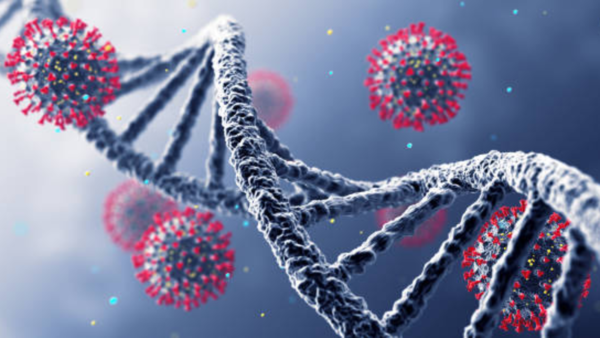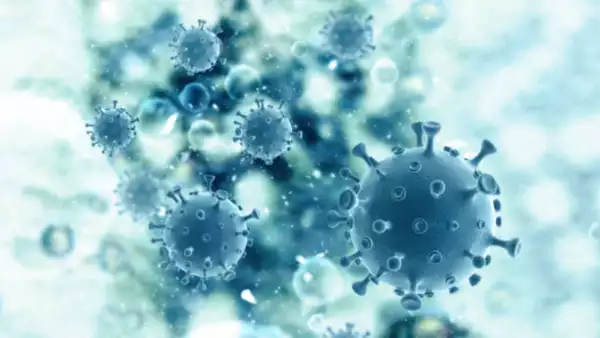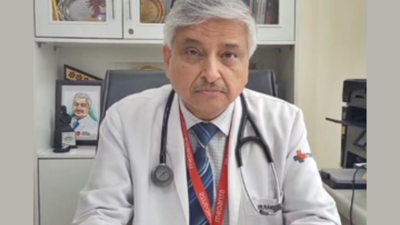Due to the emergence of national concern HMPV Case, former AIIMS Chairman Dr Randeep GuleriaA man playing a central role during the coronavirus pandemic has advised people not to panic.
Antibiotics are not effective in treating this disease human metapneumovirus HMPV is a respiratory disease whose incidence is currently on the rise in the country, former AIIMS director Dr Guleria said on Tuesday and asked people to stay properly hydrated and eat nutritious food.
HMPV is not a new virus
“HMPV is not new, it is an old virus. It has been around for a while. The virus usually causes mild illness, but in extreme cases of age, such as in infants, young children, the elderly or those with comorbidities In people, it can cause pneumonia in young and old people, leading to respiratory problems and hospitalization,” he told IANS in an interview.
“The virus itself is usually self-limiting, and you only need symptomatic treatment. Take antipyretics, replenish fluids, and strengthen nutrition.

“Treatment is mainly symptomatic. Good hydration, paracetamol or any medicine is needed to reduce fever and body aches. If you have any other symptoms like cough and cold, you can take anti-allergy medicines to reduce allergy symptoms like cold and cough,” said the renowned pulmonologist.
“There are no specific antiviral medications that should be taken. Taking antibiotics has no effect because it is a viral infection.
hMPV, discovered in 2001, is a major cause of acute respiratory infections that often resemble those caused by respiratory syncytial virus (RSV) or influenza. It spreads through respiratory droplets, direct contact with infected people, and contaminated surfaces, with infections peaking in late winter and spring.
hMPV symptoms vary in severity but often include cough, runny or stuffy nose, fever and fatigue. In more severe cases, especially in infants and older adults, symptoms may escalate to wheezing, shortness of breath, or even pneumonia or bronchiolitis. Children under five years of age, especially infants, are at higher risk of severe disease due to immature immune systems and weakened maternal antibodies. Symptoms usually appear 3-6 days after exposure and may last one to two weeks.

Prevention of hMPV requires simple but effective hygiene practices. Washing your hands frequently with soap, avoiding close contact with sick people, and regularly disinfecting frequently touched surfaces can significantly reduce the risk of infection. These measures are especially important during the peak season. Covering your coughs and sneezes and staying home when you are sick can also help prevent the spread of the virus.








